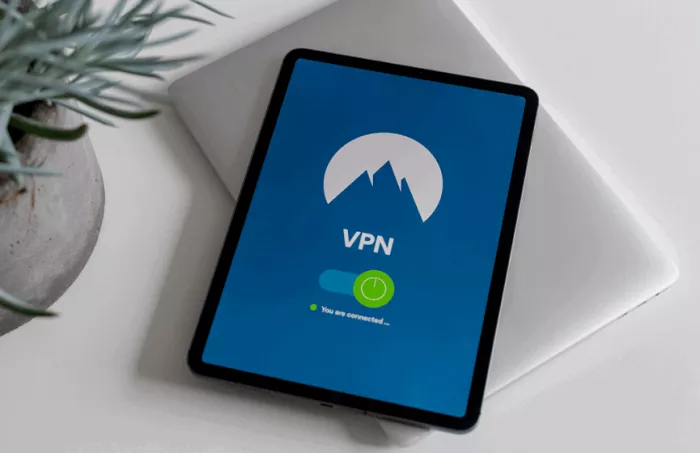VPNs (Virtual Private Networks) have transformed the way people connect online. They allow users to access region-blocked content, secure their connections on public Wi-Fi, and browse the web with more privacy. However, what was once seen as a harmless and useful tool is now facing a major challenge. Hollywood’s Motion Picture Association (MPA) is pushing for a change that could force VPNs to monitor user activity or face legal consequences.
This move shifts the blame from individuals who stream pirated content to the companies that offer VPN services. If the MPA succeeds, it could redefine what VPNs are allowed to do and challenge the concept of online privacy itself. This new push could mean that VPNs are no longer the privacy safeguard they once were, but tools of surveillance instead.
Why Is Hollywood Targeting VPNs?
In 2023, the MPA specifically called out VPN providers like Private Internet Access and NordVPN, urging governments to investigate how these services may be helping users hide their activities, including piracy. The MPA wants to change VPNs from neutral privacy tools to potential accomplices of online piracy. By their reasoning, if a VPN makes it harder for authorities to catch pirates, it is helping to facilitate piracy.
Under this logic, VPNs would either be required to log user activities or block access to certain websites. However, logging user actions directly conflicts with the very purpose of a VPN, which is to protect privacy. Meanwhile, blocking certain sites could set a dangerous precedent for private companies being asked to control what people can access online. For VPN providers, the pressure is increasing, and for users, this could mean fewer options for safe and private internet browsing.
Europe’s Changing Stance on VPNs
The European Union (EU) is already moving closer to this shift. In 2023, the EU Commission recommended that digital intermediaries, including VPNs, do more to stop privacy threats, particularly around live sports streaming. The deadline for responses is November 17, 2025. If EU regulators follow Hollywood’s lead, they could demand that VPNs monitor or filter user content, potentially disrupting millions of users who rely on VPNs for work, security, or accessing geo-restricted content.
This shift would also clash with the General Data Protection Regulation (GDPR), which upholds privacy as a fundamental right in the EU. If VPNs are required to log activity, they would face a legal dilemma — balancing the need for privacy with anti-piracy demands. The ambiguity surrounding the EU’s position on VPNs means that Hollywood’s push could have ripple effects across Europe. If VPNs lose their legal protection in one country, other regions could follow suit.
Users Caught in the Crossfire
Most VPN users understand that these tools were never intended for piracy. Millions use them for legitimate reasons, such as protecting their passwords on public Wi-Fi, working remotely, or avoiding targeted ads while browsing. However, the current crackdown fails to distinguish between someone using a VPN to bypass regional restrictions and someone streaming pirated content.
If VPNs are forced to log user activity or disclose browsing history, the value of the service would be severely diminished. The promise of privacy would be broken, and users would have to reconsider the safety of their online activities, even if they are not doing anything illegal.
For users who rely on VPNs for safety, such as journalists, activists, and individuals in restrictive regimes, this crackdown could have serious consequences. Once privacy tools become surveillance tools, they no longer offer protection; instead, they become windows into private lives, compromising both security and identity.
The Future of Privacy Tools
This debate is not the first time a digital tool has been caught between control and convenience, but the VPN issue is different. It touches on a fundamental human right: privacy. Hollywood wants accountability, governments seek more oversight, and VPN providers, many of which are still small businesses, are expected to act as gatekeepers of the internet.
As the battle between privacy and control continues, one question remains: Are we willing to sacrifice privacy for the sake of combating piracy? In the rush to stop illegal streaming, we may end up losing something much more valuable: our right to a private, secure internet.


